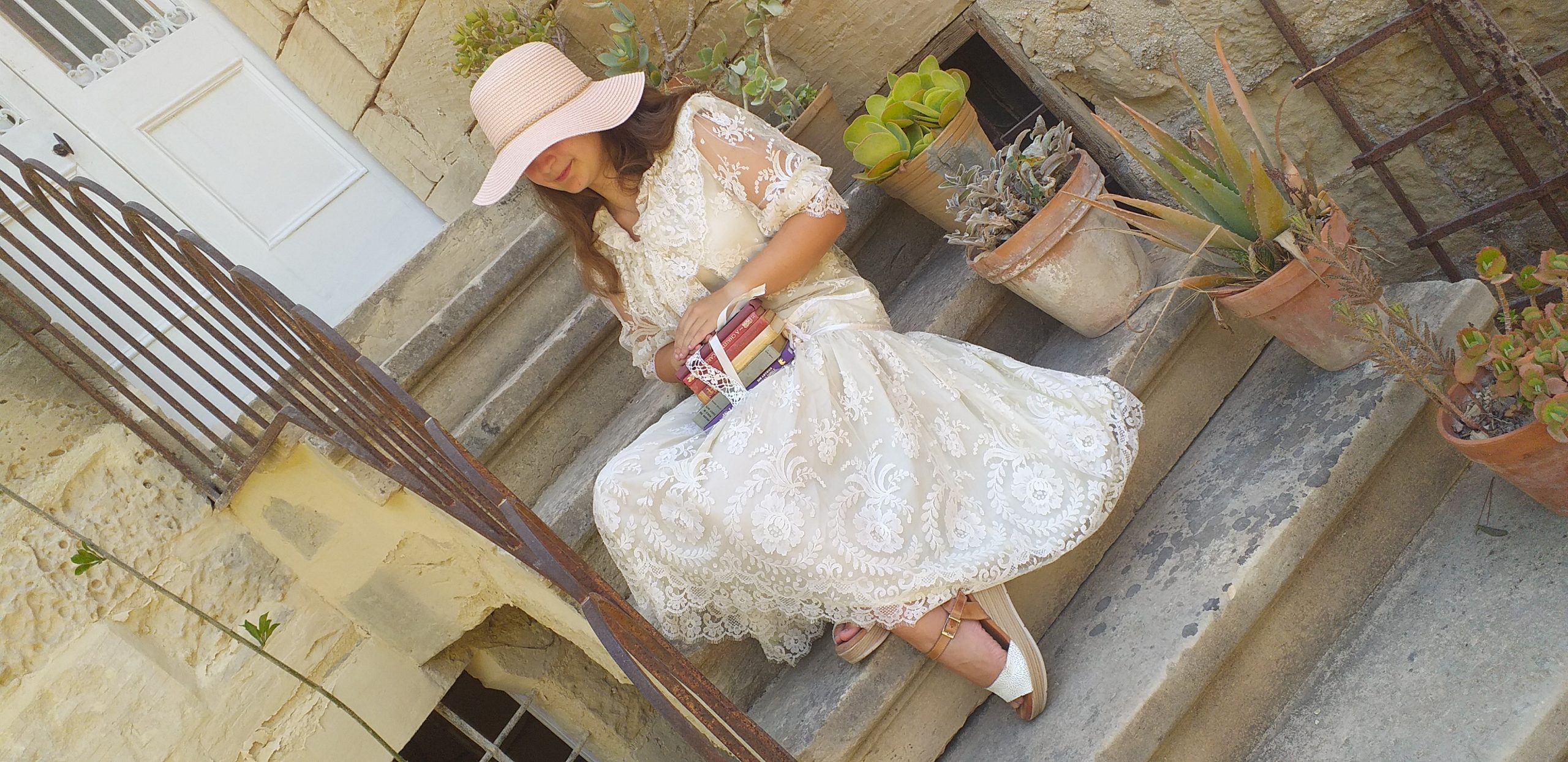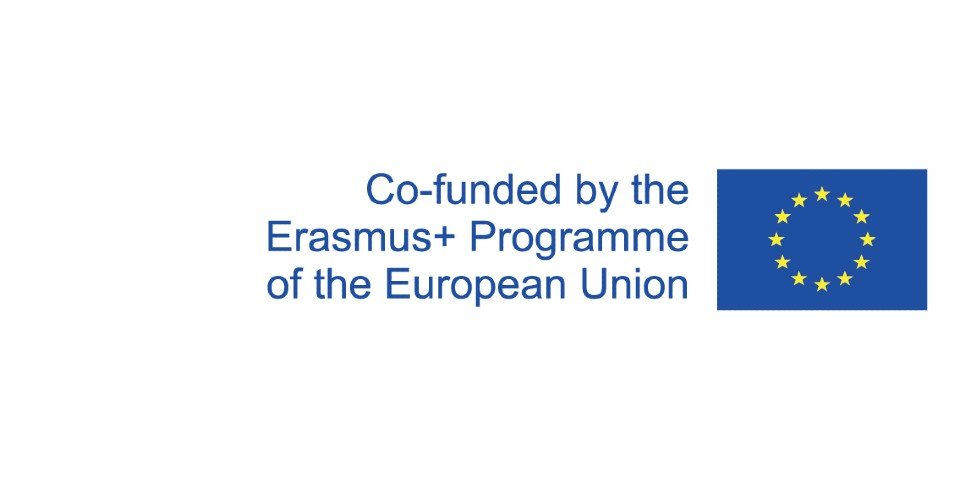We will start this page in the best way possible, with youth testimonials from Lea Sammut and Katrina Buhagiar, both members of our youth group. This is what they had to say about using flashcards both in paper format and through an app for their studying.
Then SCROLL DOWN further for general information on the usefulness of using this tool for studying!
Flashcards by Lea Sammut
This is what she had to say…..
“Flashcards, my life saver for studying! When I was younger, my mother introduced me to flashcards to help me learn words and spelling for dictations. I memorized the information on the flash cards by organizing them with colours, symbols, and diagrams. They’ve helped me learn many things like spelling, equations, formulas, and quotes. I keep my flashcards short and straight to the point. On cards with more information, I highlight the most important things and this automatically will lead me to other information. I found this learning tool very useful, and I hope it will help you with your studies too.”
Flashcards can be made from old business cards, cereal boxes or any other cardboard paper we have at home. Reusing resources we have around the house means that this study method is also environment-friendly. 🙂
Here are some examples from Lea’s collection of cards.



Meanwhile Katrina found another way of studying with flashcards using an online app. Less paper, always with you!
Using ANKI to make flashcards online
By Katrina Buhagiar
This is what she had to say ….
“ANKI is a free computer programme that incorporates spaced repetition into your studying. On this programme you are able to create flashcards of numerous types and use them to study using active recall. Below I have attached a powerpoint presentation explaining how to use ANKI and why it is so useful“.
You can download ANKI here
Resources when learning about ANKI
Here are some links that I have found useful:
General information about Flash Cards
A flashcard is a card of the size that you choose which shows information, such as words or numbers, on either or both sides. One side can have a historical date, a question and an answer on the other side or else a mathematical formula and a worked example on the reverse side. You can design the flash card that works for you, using coloured pens and highlighters. Flashcards are really handy as a learning drill to help you memorize short but important data.
When can you use Flash Cards?

Flashcards can be an excellent learning and teaching tool, especially for literacy in case of students with a profile of dyslexia, or when introducing new words or formulae or to practice familiar words. Flash cards can be displayed around the classroom or in your study corner at home as a quick reference or reminder of important data you need for a particular topic or subject.
Where can you use Flash Cards?
Flashcards can be used at any time. They are best used for literacy/reading practice, studying, revision, learning/reviewing vocabulary, drilling, engaging, activity, etc.
Why use Flash Cards?

Flashcards help you not only memorize facts quickly but to process and store the information over the long-term. Your brain can more easily hold information.
I learnt all I know about this programme through research on YouTube. I suggest that firstly you should look for beginner videos and then look into how you can customise your ANKI to suit you and your studying style best.
Who can benefit from using Flash Cards?
Actually learners of all ages can benefit from this study method. Flash cards are VISUAL AIDS and make learners more motivated to learn. Flash cards are a great resource since they help learners practice reading words which follow a pattern (like the home made flash cards below), memorize formulas, revise keywords, new vocabulary words both rapidly and effectively.
How are Flash Cards used best?
Flashcards are not to be created at the last minute. Whatever method you choose, always have the cards ready prior to a test or exam, it is best to create flash cards along the way. Using flashcards brings out the best results when reviewing a lesson, teaching vocabulary, etc. It can be effective in drilling exercises and can also be used for games in groups or pairs.

Here are some examples of flash cards which we found ready made from the internet for English and Maltese literature. These should be printed back to front and cut to size. You can colour code them and add your own notes or page numbers for examples!
Top Tip: Why don’t you try out for yourself and work with a study buddy? Make sets for different subjects and exchange with each other! 🙂


